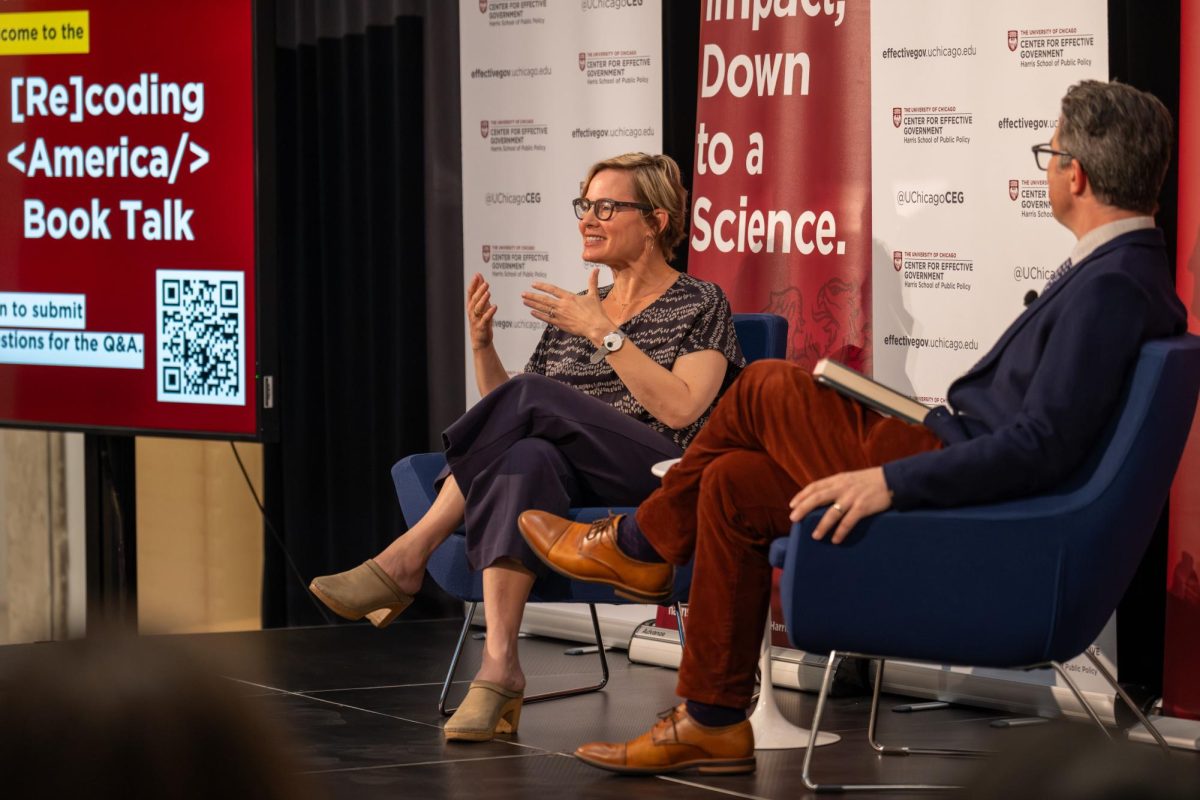Neuroscience professor John Cacioppo, presented his findings on human loneliness and the need for social relations Wednesday in Max Palevsky Cinema.
In a study of Ohio State undergrads, Cacioppo found that students who had considered Ohio State their first choice school enjoyed a “collective identity” and were less likely to be lonely. The study supported Cacioppo’s idea that loneliness is determined less by physical isolation than “subjective loneliness,” or a feeling that one is alone.
Overcoming loneliness is achieved by engaging a collective identity, meaning social connections between humans, not proximity, are the links necessary to prevent loneliness. Income had an inconclusive effect on loneliness. Though the data didn’t point to any correlation between wealth and loneliness, Cacioppo hypothesized that “if you can’t buy [things in general], you have to work more with the ones around you,” creating more social connections and preventing loneliness. He went on to say that those who are wealthy may be able to afford what they need and are not obliged to cooperate and connect with others, leaving them more lonely.
Technology, especially the Internet, also has a complicated relationship with loneliness. While some use it to hide, others use it to stay in touch, though it doesn’t fully replace face-to-face interaction. Here again, Cacioppo conceded that there is no general statement that can explain this phenomenon.
In addition to interesting correlation indicators, “loneliness has cognitive consequences,” Cacioppo said. For example, lonely people are more likely to “anthropomorphize, things like ascribing humanity to pets.”









